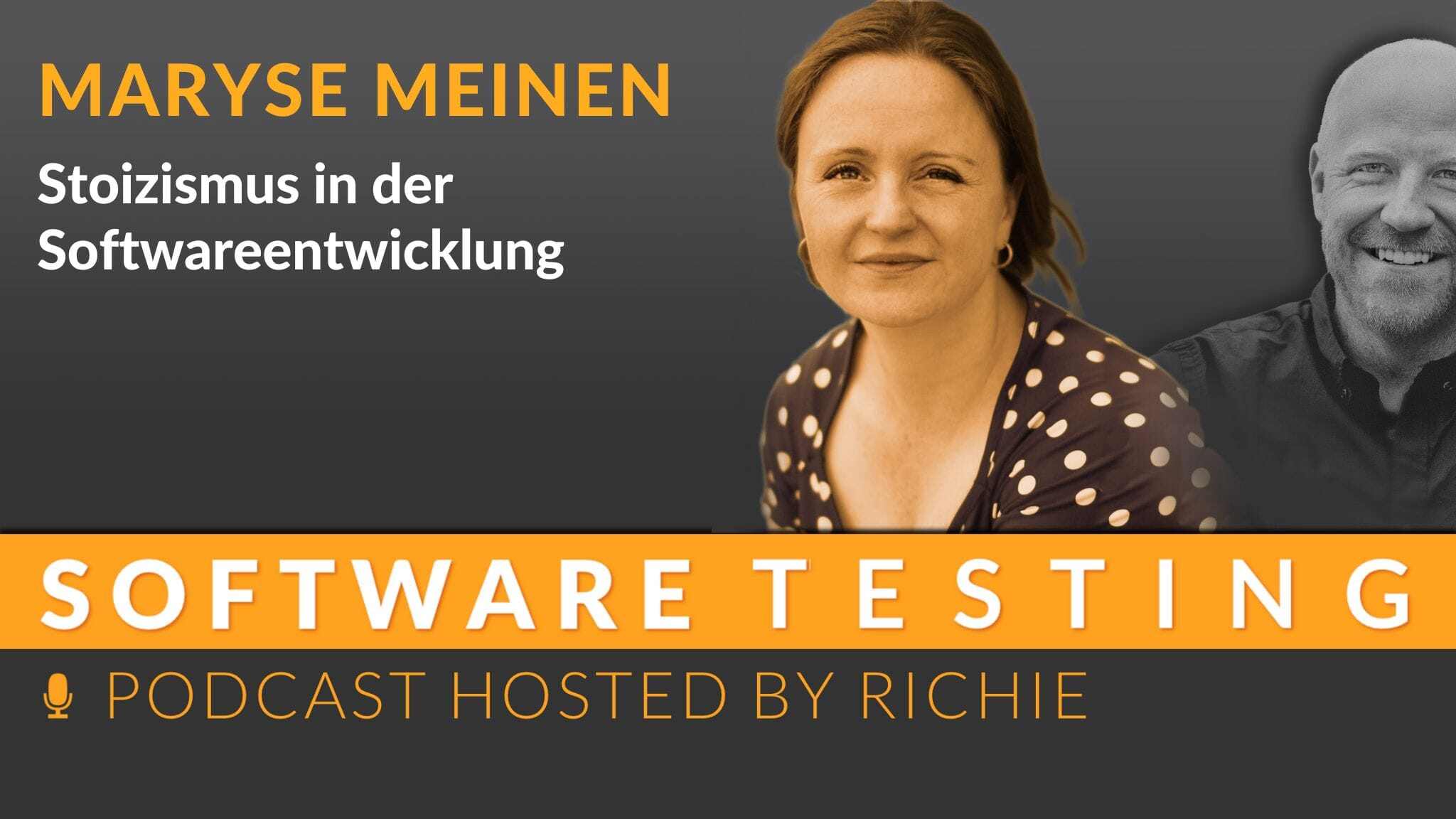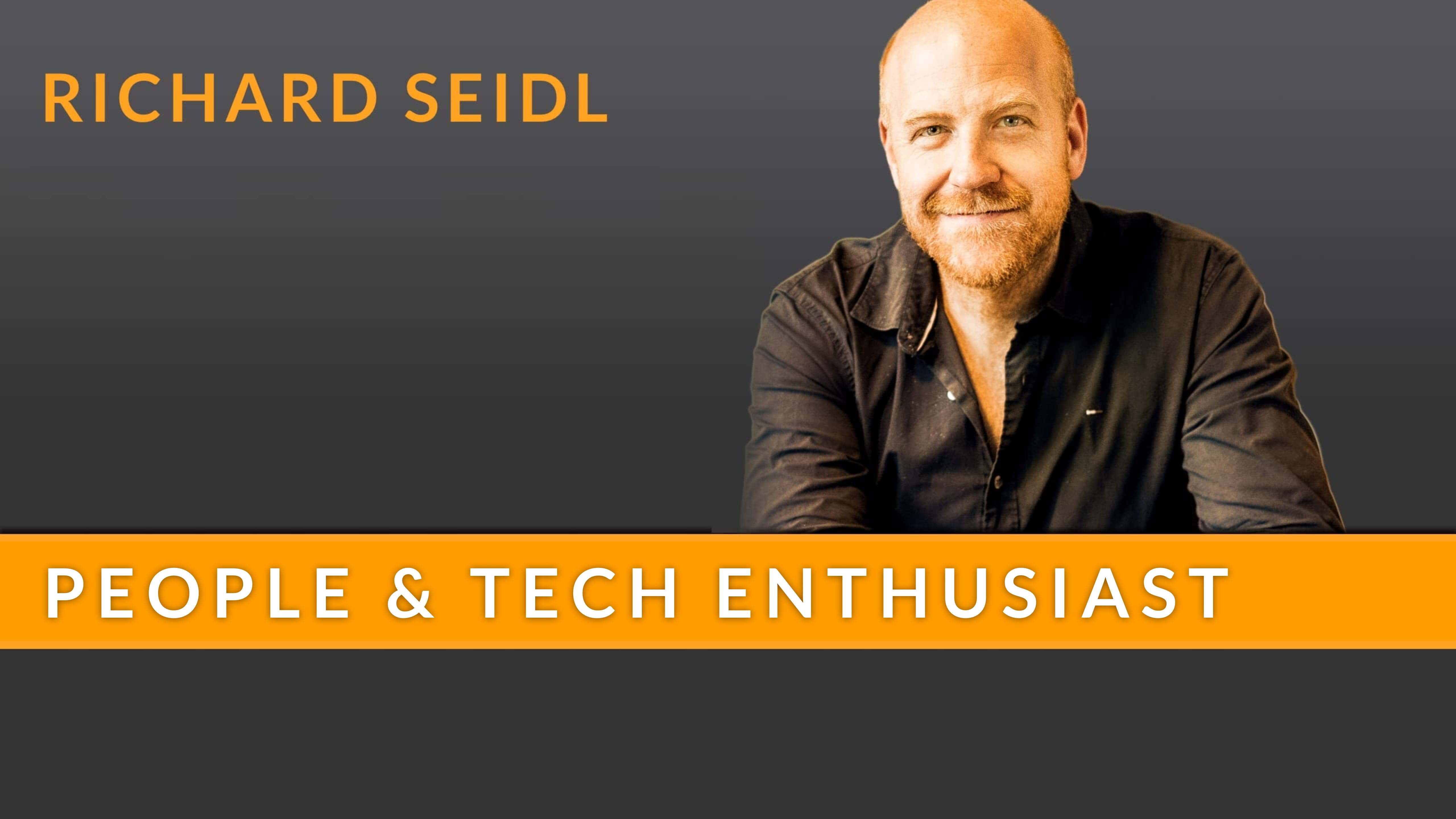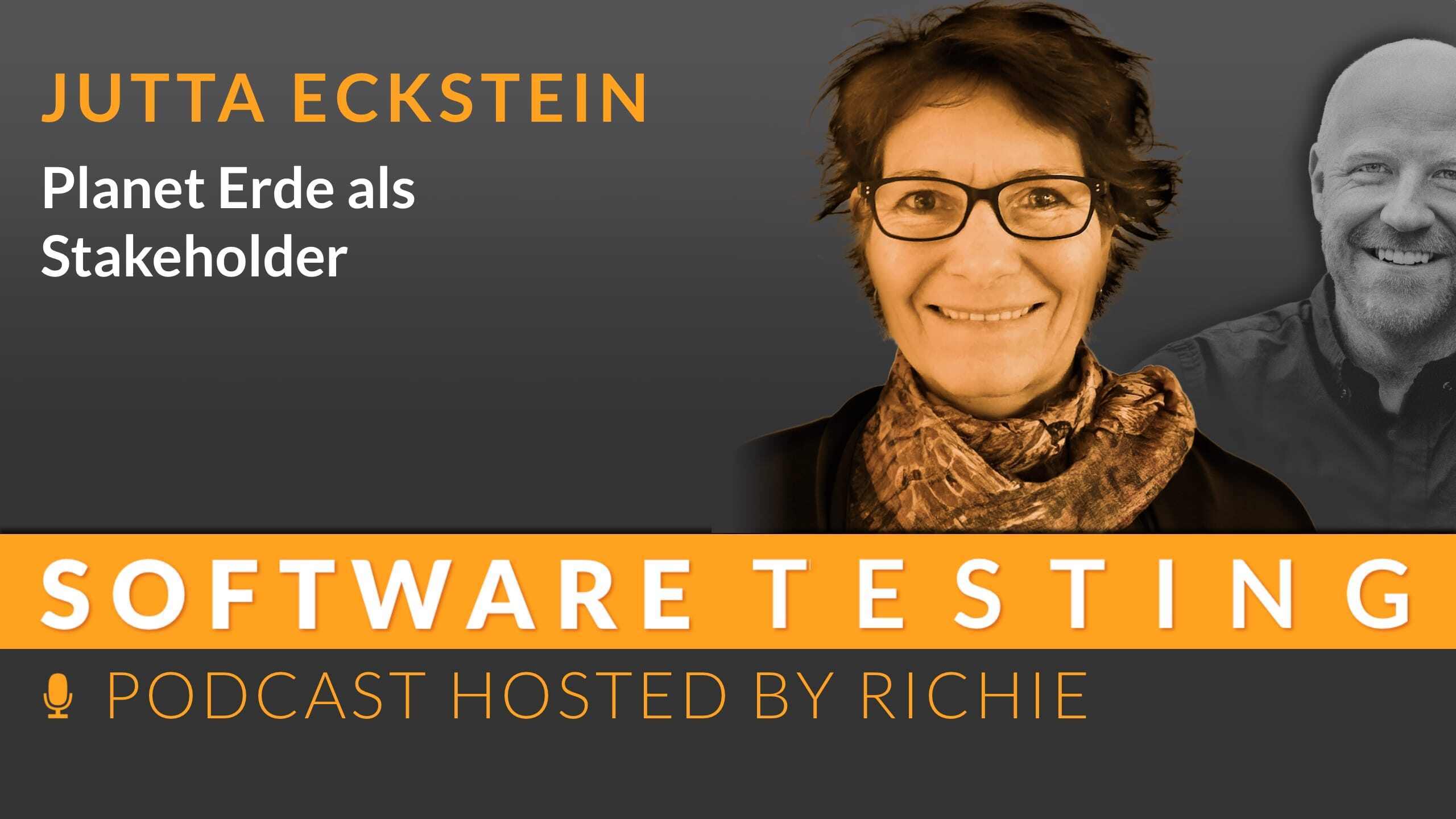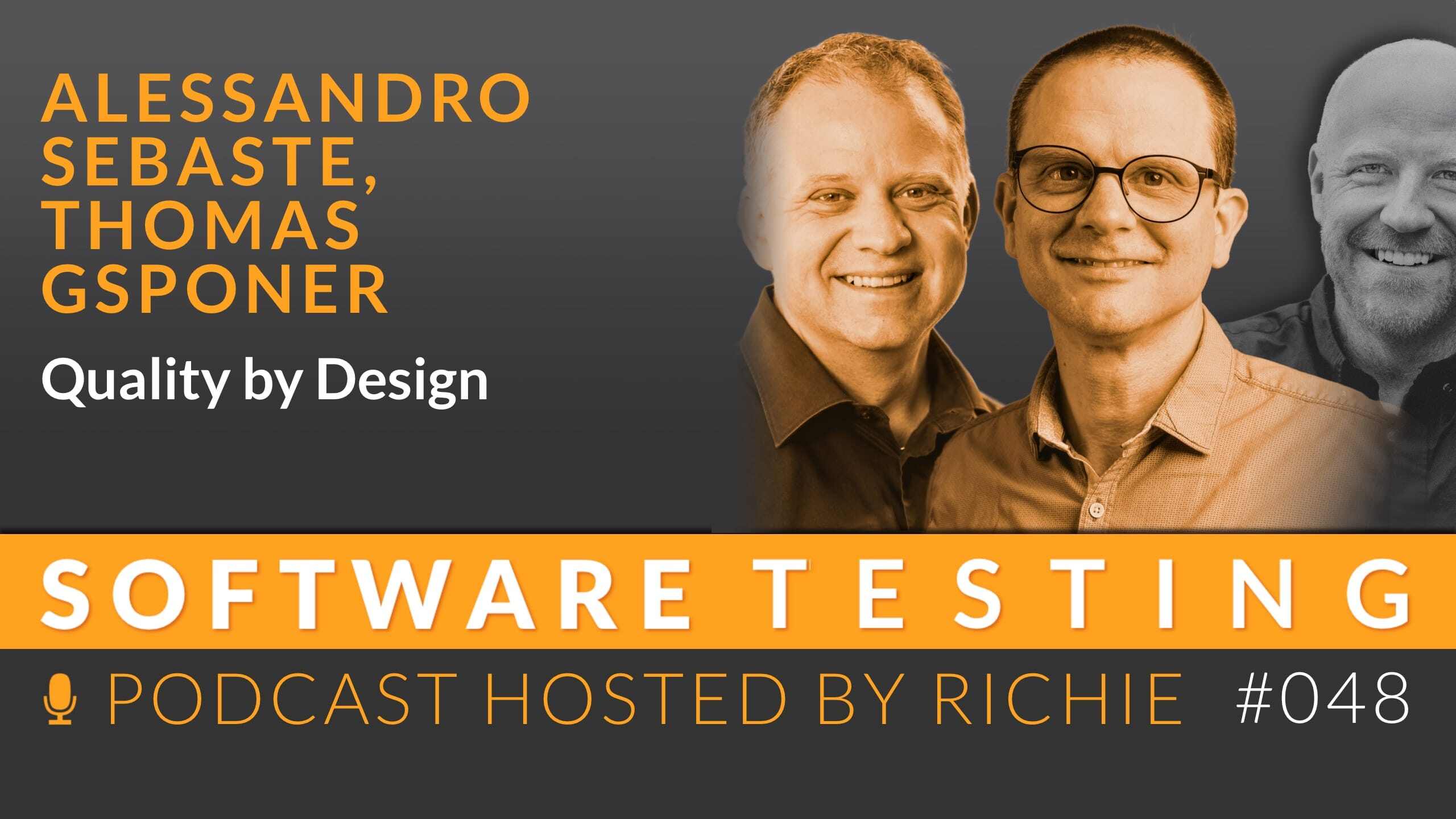2 min read
Stoicism - decision making in the world of AI
“AI does the work. We humans have to decide. Much more often now!” - Richard Seidl Artificial intelligence has already taken over or assisted us...

Self-control, calmness, thoughtfulness - these are just a few of the stoic principles. You can integrate them into your private life, which leads to balance, less stress and more joy. But it also gets exciting when you integrate them into your business. In software development, this means that the focus is no longer so much on the outcome, but on decisions and the decision-making process. However, this does not mean neglecting the long view. Maryse uses several examples to explain how this can work.
“You can’t control outcome, there ist so much that influences outcome. So maybe not focus on outcome but focus on your descision making.” – Maryse Meinen
Maryse Meinen is a product development coach who uses Agile and Stoicism to make teams and organizations more resilient and sustainable. She advocates the philosophies of degrowth and stoicism, which stand for working more efficiently with fewer resources and valuing what is already there. Her motto is: Achieve more with less!
Highlights of this episode:
Today I welcome Maryse Meinen and we explore practical applications of Stoic principles to improve decision making, prepare for unforeseen challenges, and foster adaptability in the dynamic landscape of software engineering. Maryse explains how the ancient philosophy of Stoicism can be skillfully integrated into modern software development practices.
Today I sat down with Maryse Meinen to explore how the time tested wisdom of Stoicism can provide valuable insights and tools for contemporary software professionals. She explains how this ancient philosophy can guide our everyday decisions and strategies within the tech industry.
Maryse highlights one of the core principles of stoicism: recognizing what is within our control and what is not. This distinction is critical to guiding our responses to the unpredictable elements that define the landscape of software development.
Reflecting on the Stoic practice of premeditatio malorum, or anticipation of potential adversity, Maryse shares how anticipating challenges can empower software teams to create robust strategies and maintain agility in the midst of uncertainty.
Maryse discusses the concept of Amor Fati and encourages us to embrace our destiny by accepting circumstances that cannot be changed. This approach promotes resilience and adaptability among product managers who aim to prioritize effective decision making over commitment to uncontrollable outcomes.
We delve into the importance of focusing on decision-making processes rather than fixating on outcomes. By using moral values as a compass, software professionals can navigate complex scenarios with integrity and foresight.
Maryse offers tangible strategies such as scenario planning and keeping a decision log as ways to integrate stoic principles into daily workflows. These practices encourage thoughtful experimentation and continuous learning within software development teams.

2 min read
“AI does the work. We humans have to decide. Much more often now!” - Richard Seidl Artificial intelligence has already taken over or assisted us...

Everyone is talking about sustainability, some are enthusiastic about it, others roll their eyes. But whichever way you look at it, it cannot be...

What you can learn from another industry! Alessandro comes from the software sector, Thomas from the pharmaceutical industry. In conversations, they...